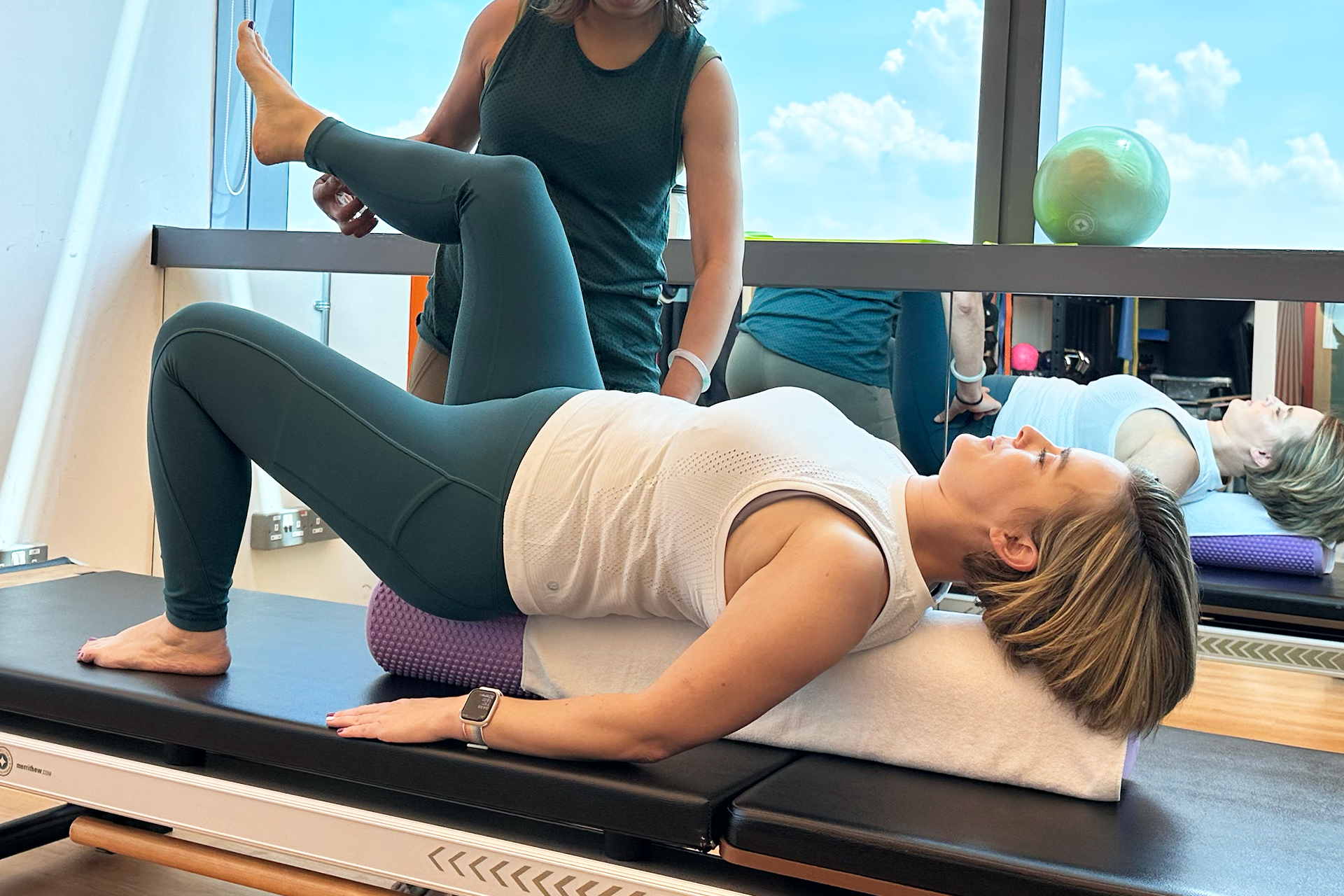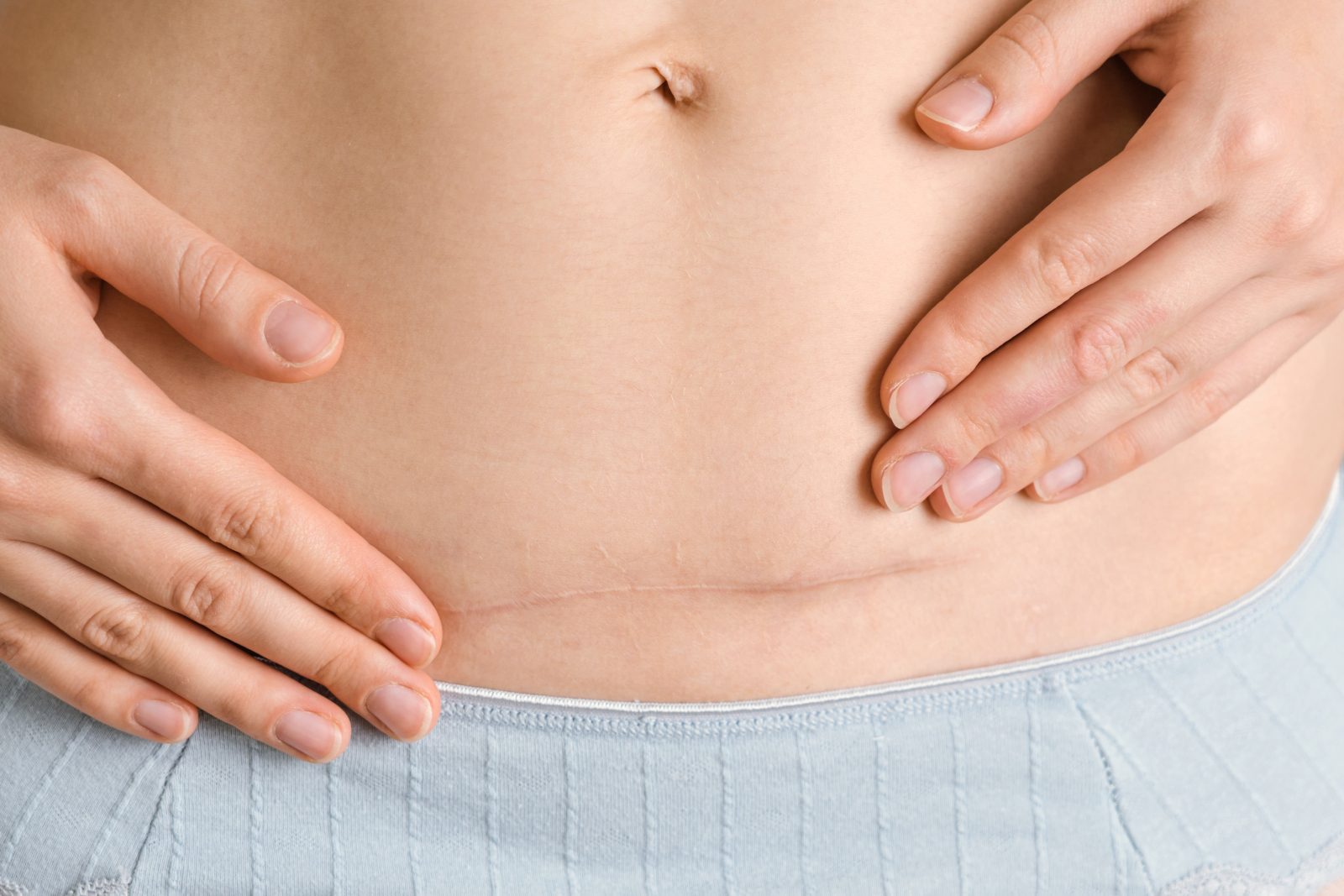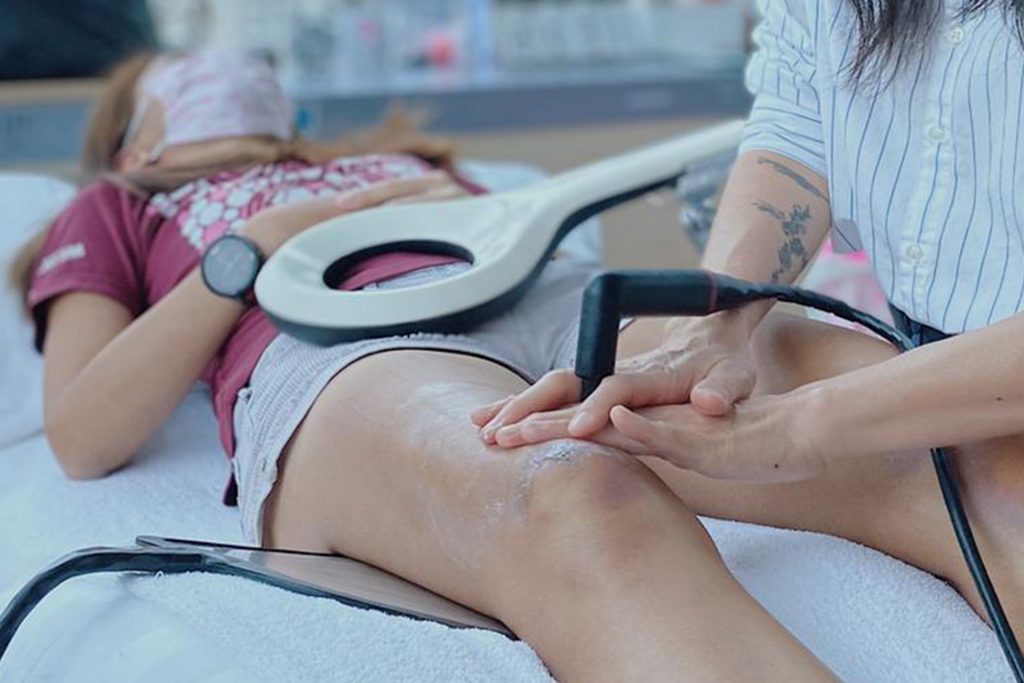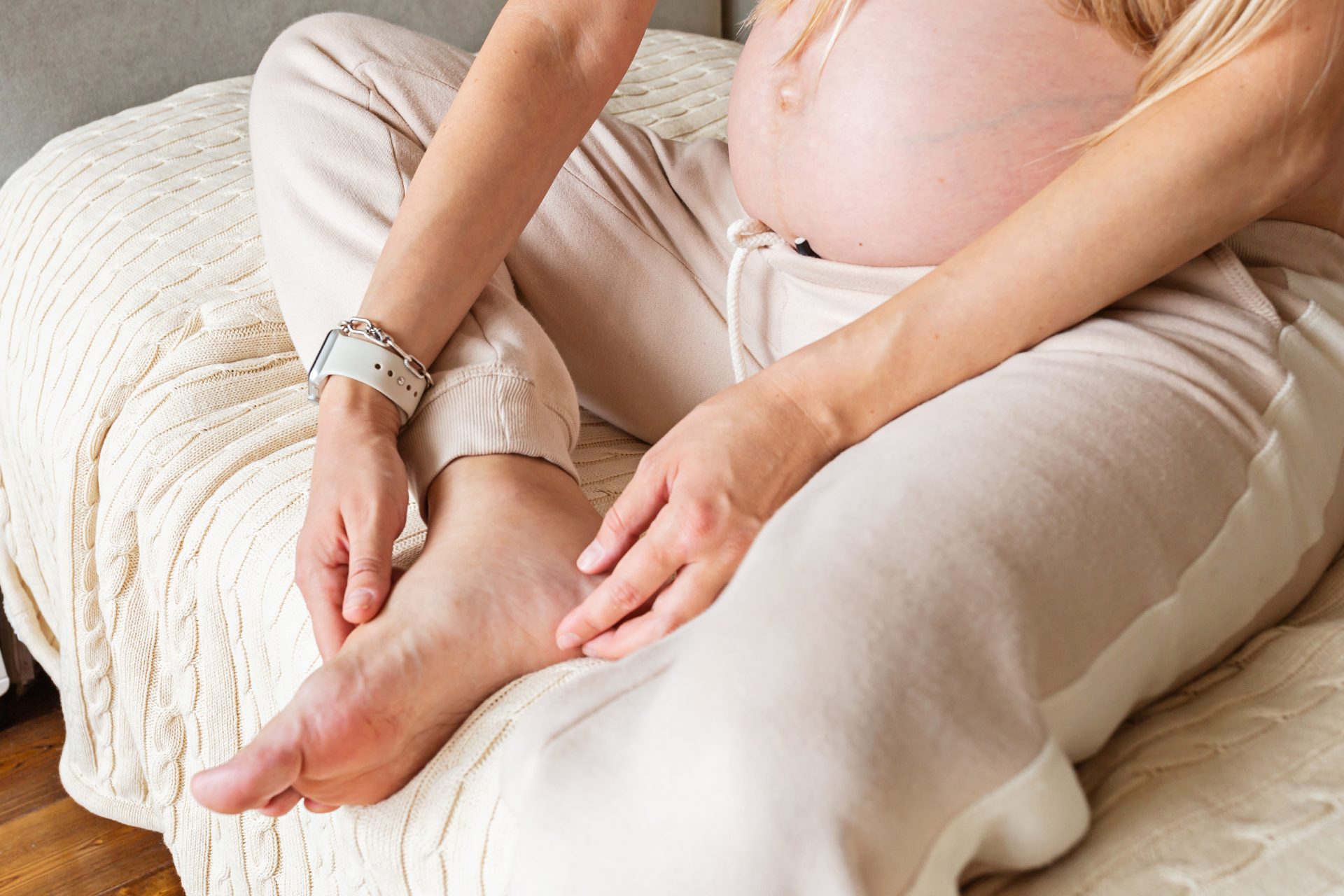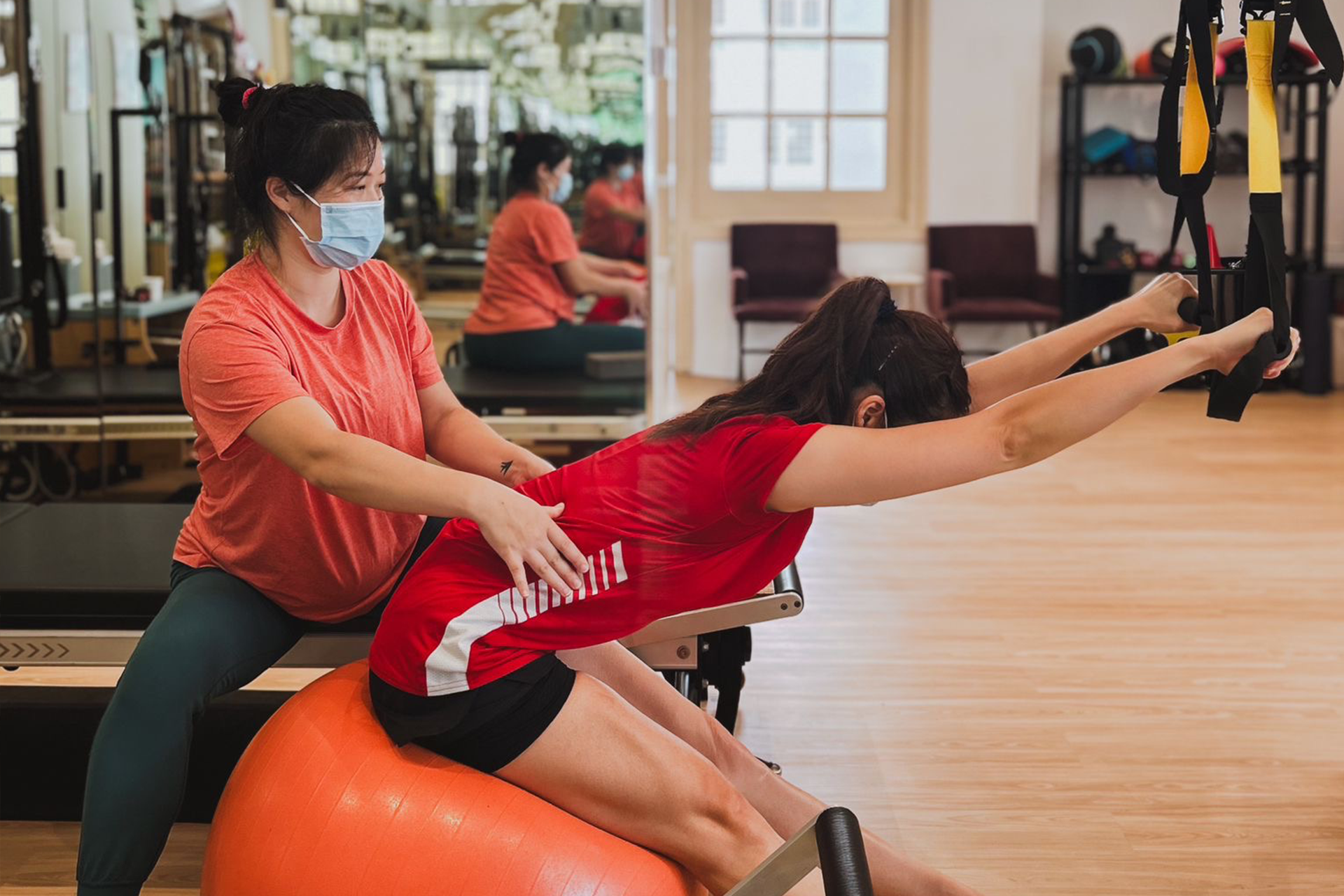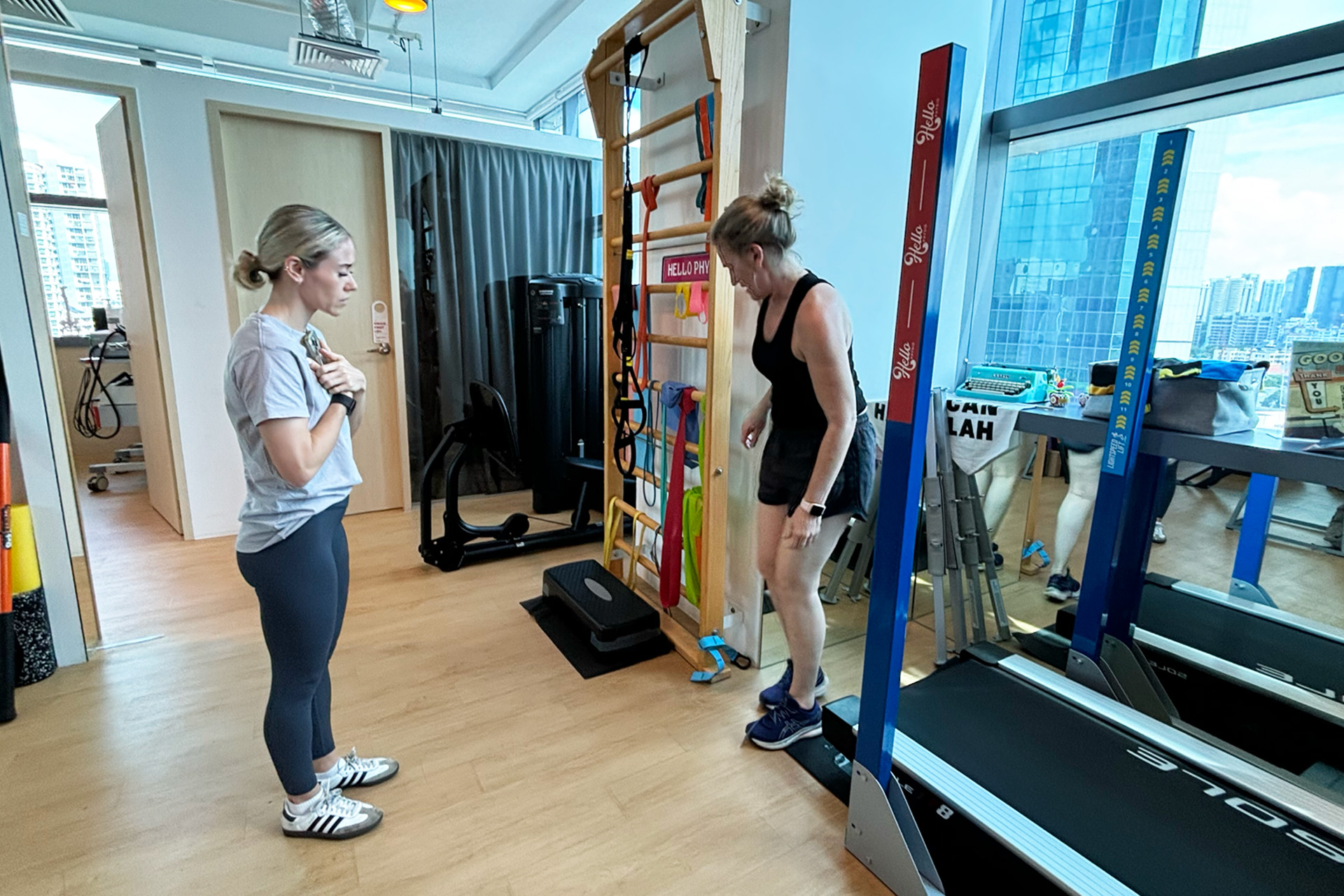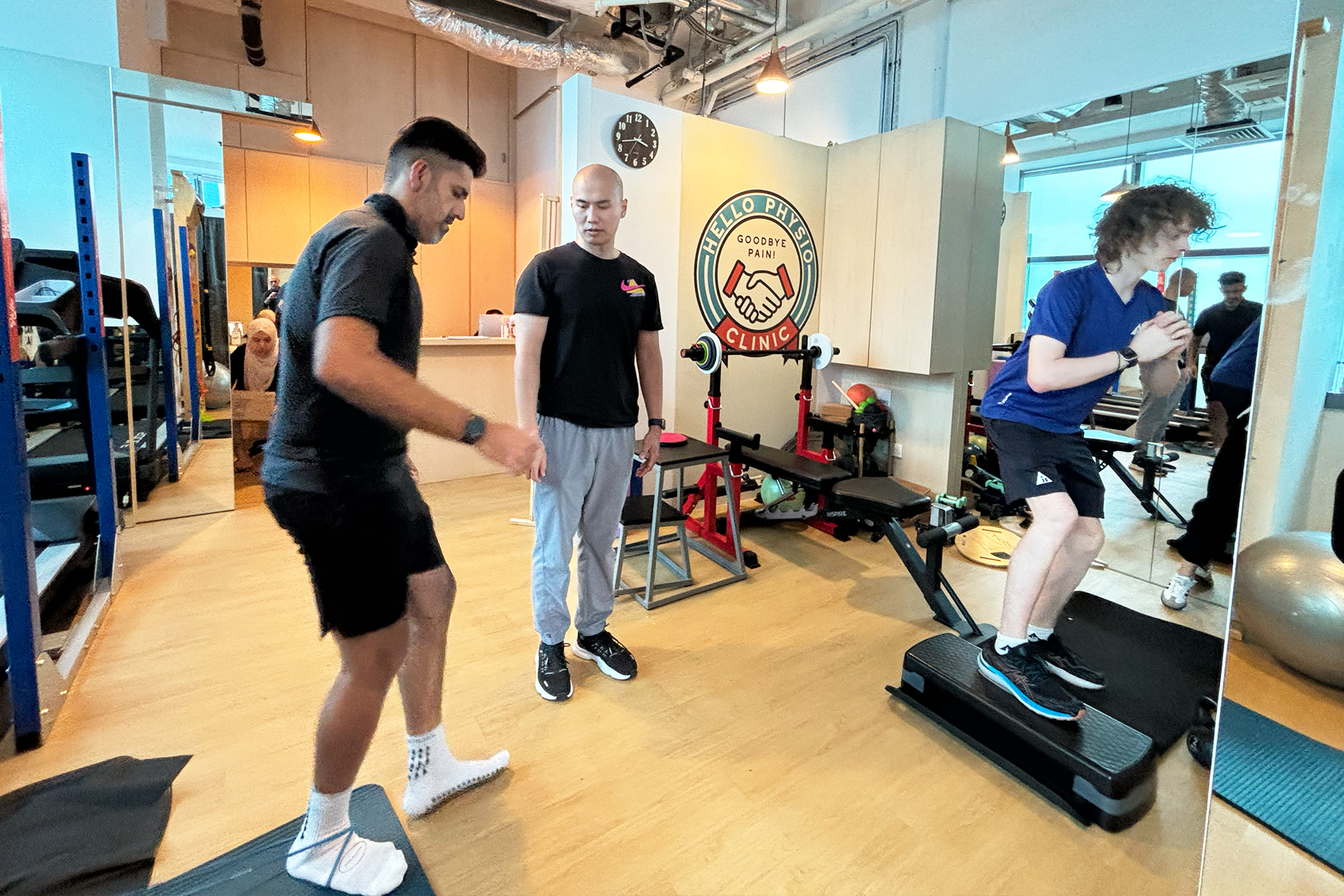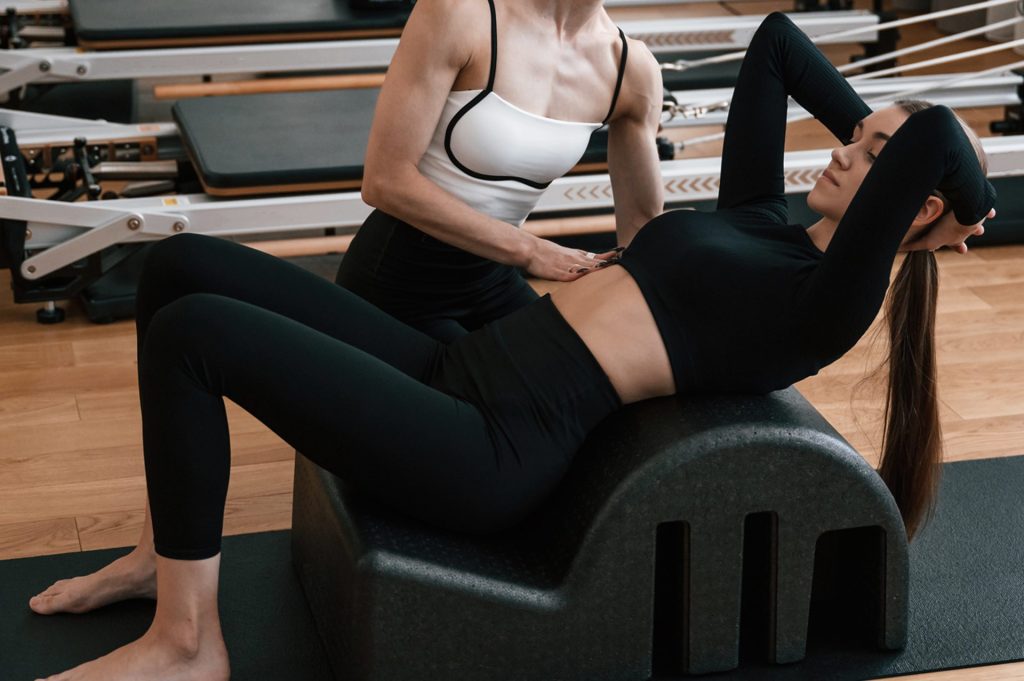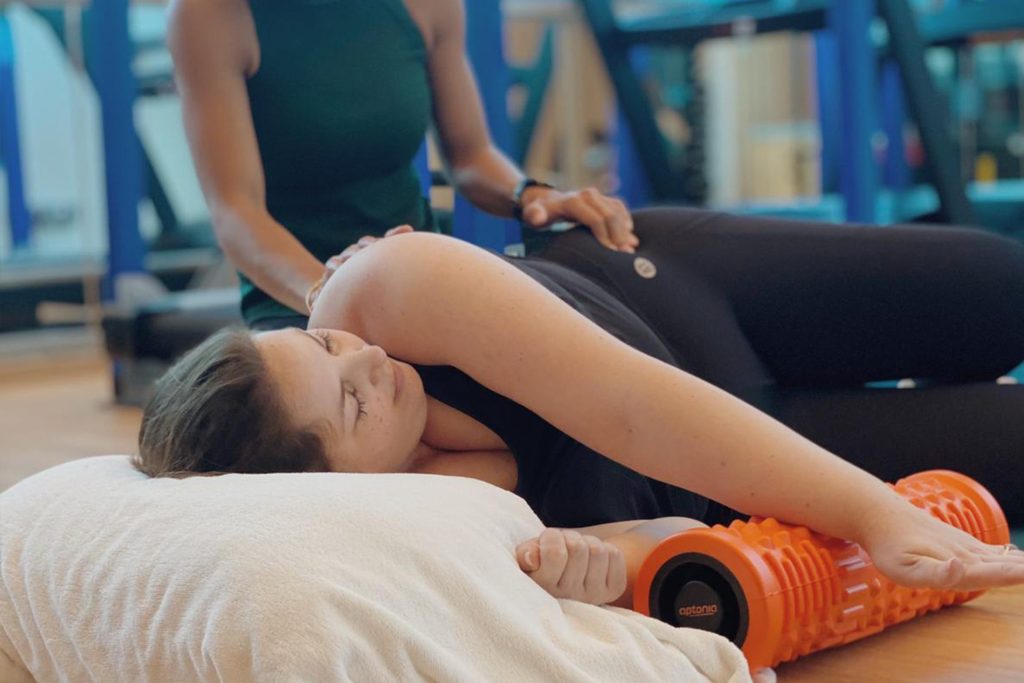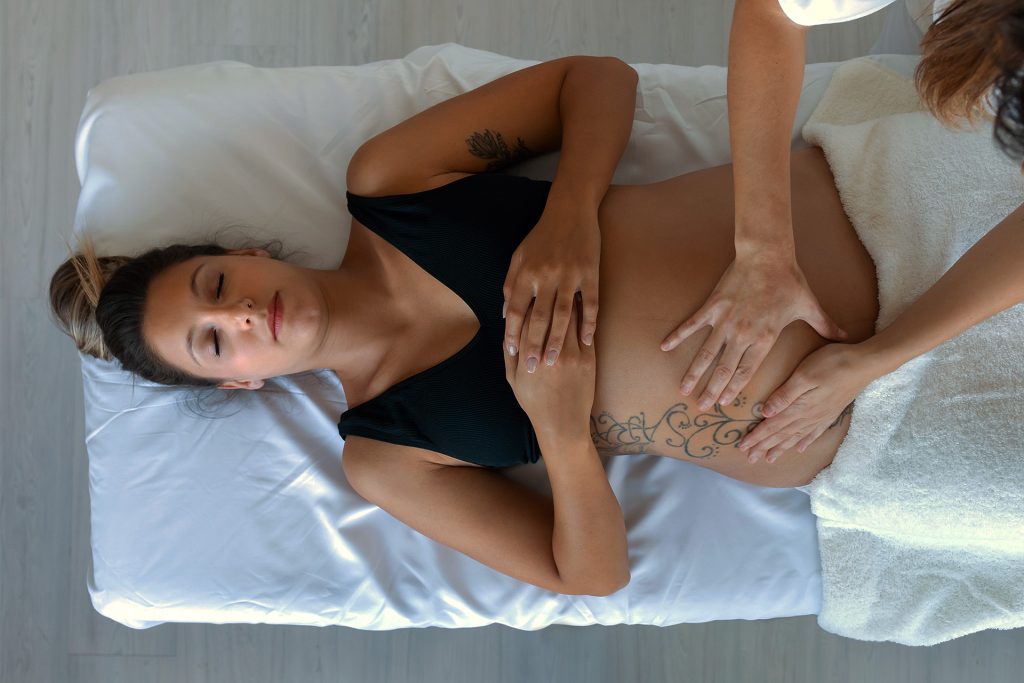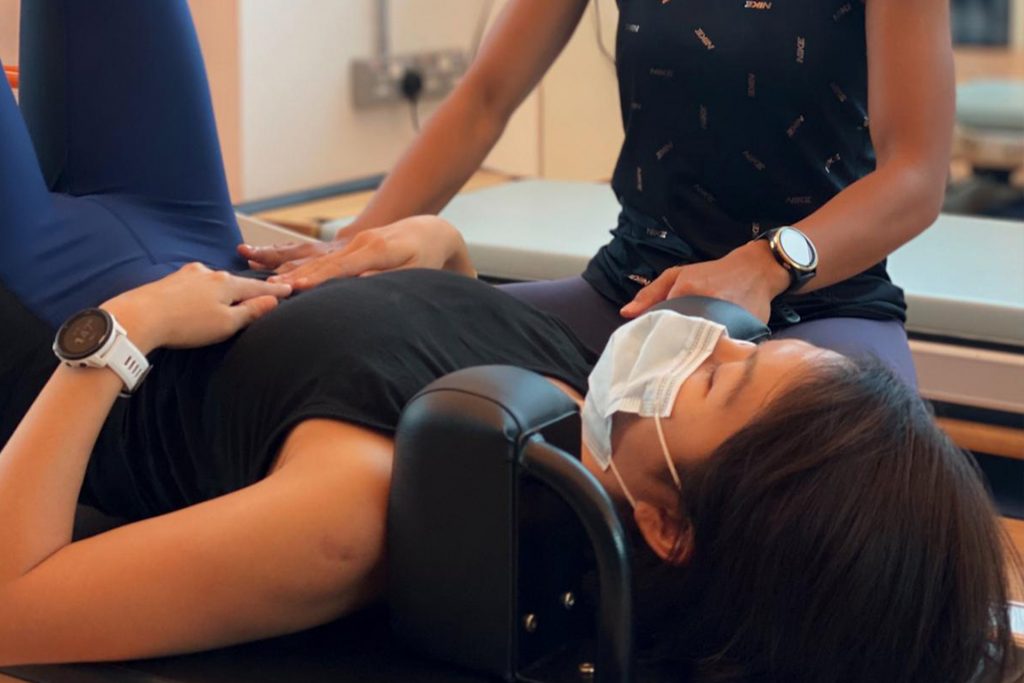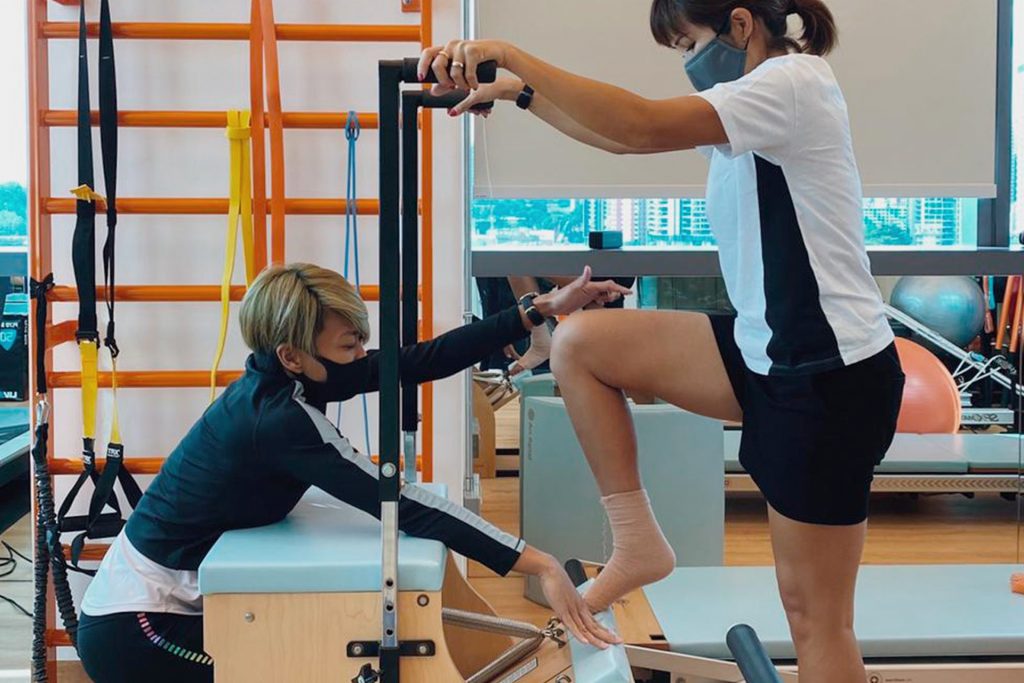The lingering aches, weakness, and diastasis recti (abdominal separation) might leave you wondering: “Is this my new normal?”
The answer? Absolutely not! Here’s where Postnatal Pilates and physiotherapy complement your recovery. Forget the idea of “bouncing back” — let’s focus on building back stronger and rediscovering your body’s incredible strength. Postnatal reformer Pilates can be instrumental in helping new mothers adapt to reconnect with their bodies, build strength, and restore confidence, all while in the safe care and instruction of a trained senior physiotherapist or Clinical Pilates instructor.
The few weeks after childbirth can be extremely strenuous for mothers. They have undergone one of life’s most difficult trials and have found themselves tested physically and emotionally. After that stress, it may seem like exercise is off-limits. That isn’t true – to an extent.
Thanks to postnatal Pilates, mothers can start exercising as early as six weeks postpartum. Pilates’ many modalities, from postnatal mat exercises to postnatal reformers, easily accommodate women of different physique levels and flexibility, making it a perfect exercise for recently given birth.
KEY TAKEAWAYS
Reconnect with your body: After the whirlwind of childbirth, losing touch with your body’s capabilities is easy. Postnatal Pilates allows you to rediscover your strength, flexibility, and confidence in a safe and supportive environment.
Rebuild core strength: Your core is the foundation of your entire body. Postnatal Pilates focuses on reconnecting and strengthening your deep abdominal muscles together with your pelvic floor, not just the “six-pack,” for improved stability and posture.
Relieve common postpartum aches and pains: Say goodbye to back pain, pelvic floor dysfunction, and weak core – a personalized Pilates program tailored by physiotherapists targets these issues head-on.
Postnatal Pilates, which a physiotherapist leads, isn’t just exercise for the sake of it. It will help women who have given birth build their core muscles, strengthen their pelvic floor, prevent back pain, and improve diastasis recti. The exercises are specifically designed for these purposes, making them helpful for women who have given birth.
Postnatal Pilates offers more than physical recovery after childbirth. It’s a holistic approach that also benefits mental health. It helps new mothers manage stress and anxiety through mindfulness and relaxation, promoting a positive mind-body connection. This practice allows mothers to celebrate their bodies and achievements, enhancing self-confidence and providing a dedicated space for self-care and mental well-being.
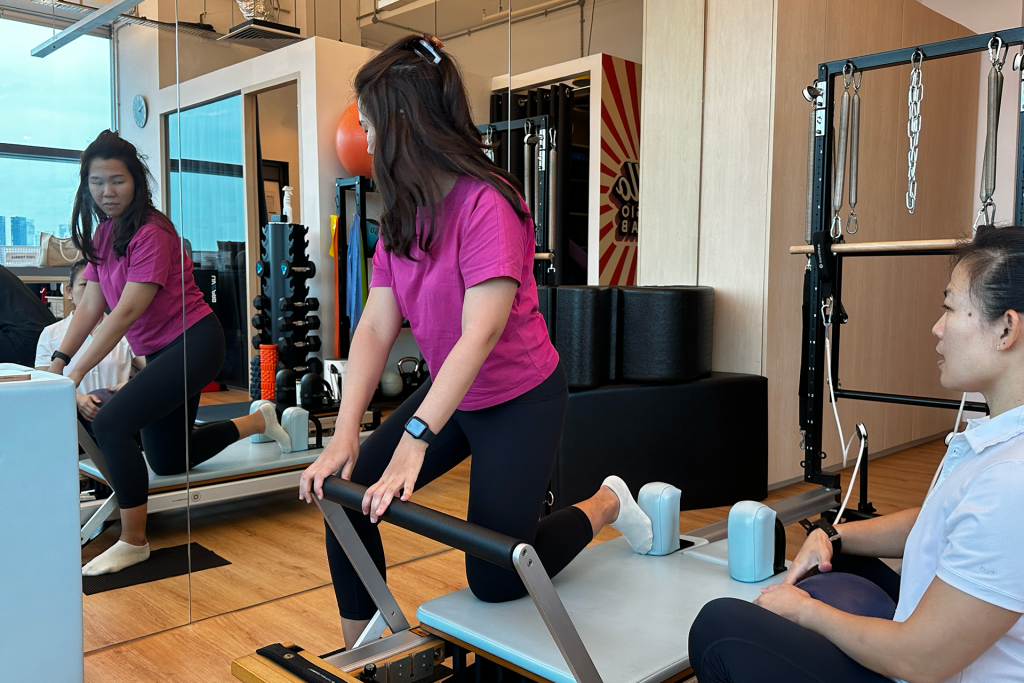
Postnatal Pilates FAQs
How Soon Can I Start Doing Postnatal Pilates?
The usual recommendation is 6-8 weeks postpartum to ensure the body is ready for exercise. However, other elements within Pilates can be done sooner, like breathing exercises to focus and steady the mind.
Is Postnatal Pilates Safe for New Mothers?
Postnatal Pilates is a safe activity for new mothers, as they are in the hands of dedicated professionals. It is not like going to a workout class, where you’re left to your own devices. You’ll be in the care of an experienced physiotherapist, who will carefully guide you through each exercise.
How Often Should I Do Postnatal Pilates?
Start with 1-2 weekly sessions and gradually increase frequency as you regain strength and stamina. Consistency is key, but listen to your body and don’t overdo it, especially in the early postpartum period. Some days, you may feel more fatigued than others, so finding a balance that works for you and your recovery is essential.
I Just Had a Baby, and I'm Interested in Pilates To Help Me Recover. What's the Difference between Postnatal Mat and Postnatal Reformer Pilates?
Postnatal Mat Pilates and Reformer Pilates offer excellent benefits for postpartum recovery, but their equipment and intensity differ.
Postnatal mat Pilates use only a mat and sometimes small props like light weights or resistance bands. It is relatively gentler and has a lower impact. It focuses on core strengthening, pelvic floor health, improving posture, and regaining flexibility. Mat Pilates is great for building a foundation in Pilates principles.
Postnatal Reformer Pilates uses a reformer machine with springs, straps, and a sliding platform. It can be tailored to your fitness level. It offers a more challenging workout and targets specific muscle groups for deeper strengthening, improving balance and coordination, and core and pelvic floor benefits. Reformer Pilates offers a more dynamic and varied workout.
Can I Start Postnatal Pilates if I Had a Cesarean Section?
Yes, Postnatal Pilates can be adapted for individuals delivered via Cesarean section. Wait until your healthcare provider clears you for exercise and communicate any specific concerns or limitations with your Pilates instructor to ensure a safe and effective practice.
Can Postnatal Pilates Help with Postpartum Depression?
While Postnatal Pilates is not a substitute for professional mental health treatment, it can complement therapy and self-care practices for postpartum depression. The mind-body connection fostered in Pilates, along with the release of endorphins during exercise, may help alleviate symptoms of depression and improve overall mood. Additionally, the supportive environment of Pilates classes can provide emotional support and encouragement, which can be beneficial for individuals experiencing postpartum depression.
How Can Postnatal Pilates Help Me?
A key focus of Postnatal Pilates is the pelvic floor muscles, which naturally weaken during pregnancy and childbirth. These exercises strengthen and improve the tone of these muscles, restoring their strength and function. This has several benefits, including better bladder control, improved pelvic stability, and a faster postpartum recovery. Consequently, it can also reduce the risk of common concerns like urinary incontinence and pelvic organ prolapse, which can sometimes be experienced after childbirth.
Many new mothers experience a separation of their abdominal muscles, known as diastasis recti, due to the stretching of the belly during pregnancy. Postnatal Pilates tackles this issue by strengthening the deep core muscles, especially the transverse abdominis and pelvic floor. These muscles act like an internal girdle, helping to pull the separated abdominal muscles back together.
Prenatal Pilates tackles diastasis recti, a common concern for expecting mothers, by minimizing strain on the abdominal wall. This is achieved through controlled, low-impact exercises emphasizing proper posture and core stability. Over time, consistent practice can help bridge the gap between separated muscles, leading to stronger, more functional abs that look better and function optimally postpartum.
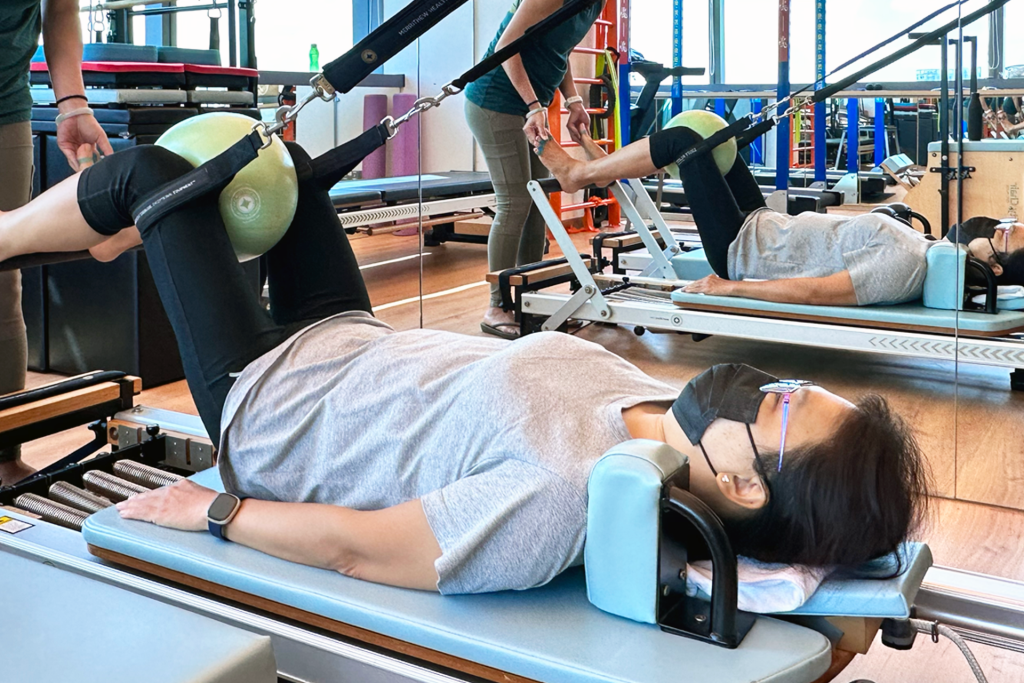
Postnatal Pilates specifically targets muscles that support posture, enhancing spinal alignment and reducing back pain by correcting excessive spinal curvature. This focus on postural muscles and healthy movement patterns empowers new mothers, promoting optimal alignment in daily tasks and improving long-term back health, which is crucial during postpartum recovery.
Beyond physical benefits, Postnatal Pilates offers mental well-being, too. Directing attention to muscle engagement and alignment fosters mindfulness, promoting relaxation, stress reduction, and overall well-being during this demanding time. Pilates further encourages present-moment awareness, helping new moms cultivate a sense of calm and resilience as they navigate motherhood’s physical and emotional challenges. This fosters a positive mindset and holistic approach to self-care.
Physiotherapists Tailor Your Recovery Beyond Regular Pilates
A physio-led Postnatal Pilates session differs from a regular Postnatal Pilates class primarily in its personalized approach tailored to each individual’s recovery needs after childbirth.
Physiotherapists bring a deep understanding of postpartum body changes and are skilled in addressing specific health issues, such as diastasis recti or pelvic floor dysfunction. Their expertise ensures exercises are safe and therapeutic, focusing on rehabilitation and strengthening with medical insight. In contrast, regular Postnatal Pilates classes might not offer this customization or clinical oversight, focusing more broadly on general fitness and well-being.
Schedule an initial assessment with our team today if you want more information about our one-on-one Clinical Pilates sessions.

